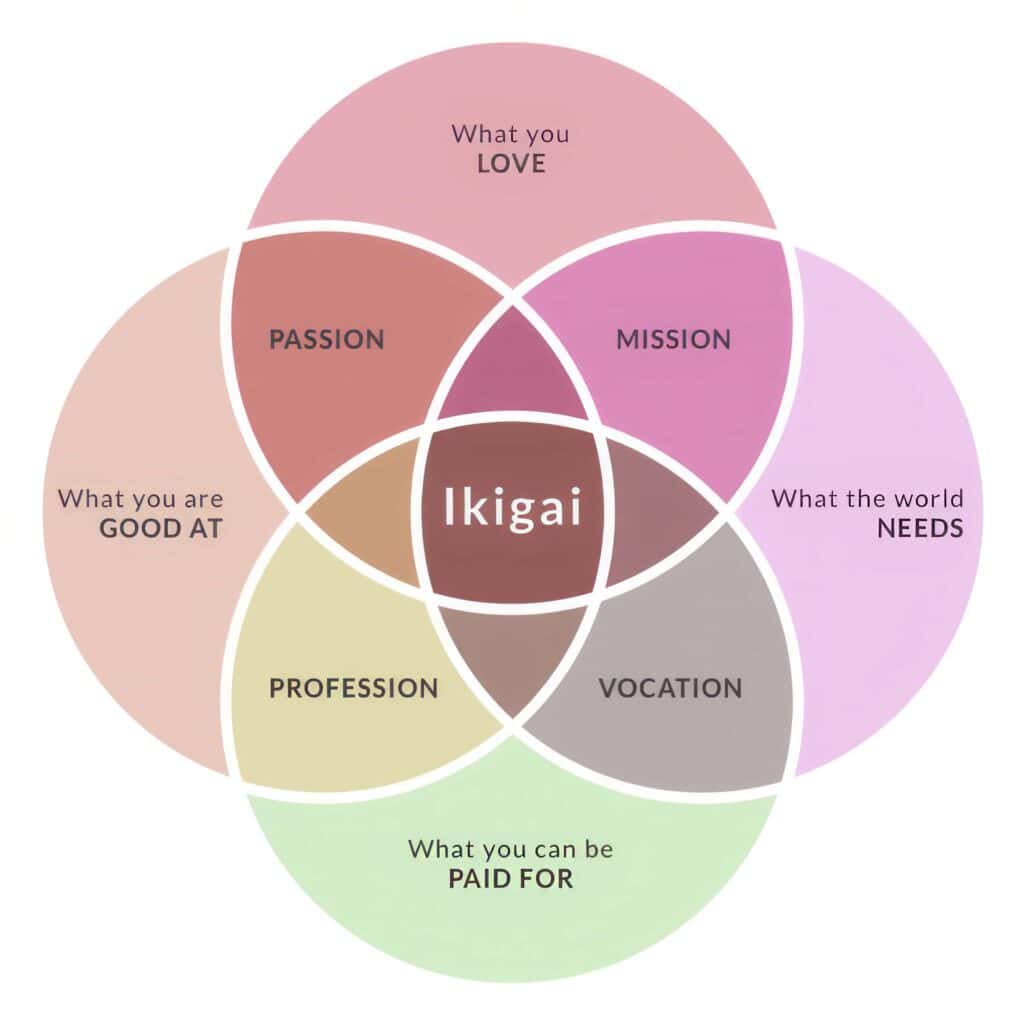I’ll be the first to admit: working can sometimes feel like a soul-sucking experience. But here’s the truth: I don’t hate my job; I just hate the idea of being stuck in an endless cycle of mundane tasks.
In this article, we’ll explore why so many of us feel this way and discover practical strategies for finding liberation in our work.
It’s time to break free from the monotony and create a life that aligns with our passions and purpose.
Key Takeaways
Hating a good job is possible even when the job, boss, team, and company are all good.
Lack of freedom in a corporate job, with a rigid schedule and limited time for personal and family life, can lead to dissatisfaction.
Many people struggle with finding a sense of purpose in their corporate jobs, feeling disconnected from the communities they serve.
It is acceptable to dislike the corporate context around work, but it is important to find a way to contribute positively to society in a way that suits individual preferences.
Table of Contents
The Frustration of Hating a Good Job

You’re not alone in feeling frustrated by hating a good job, even though it may have a good boss, team, and company. There are several reasons for this frustration that can impact your mental health.
One common reason is the lack of freedom in a corporate job. The rigid schedule of 9-5, five days a week, can make you feel like you’re lacking adventure and family time. It’s easy to perceive this as wasting your life with a traditional job.
Another reason is the lack of purpose that comes from working a corporate job. While the companies may be good and the work enjoyable, you might feel detached from communities and societal problems, making it difficult to find meaning in your work.
If you find yourself frustrated with your current job, it’s important to seek alternative options that align with your values and desires for liberation. Consider finding a means to produce good that suits your individual context and start by envisioning the desired life you want to create.
Use tools like the Ikigai process to identify potential work paths that bring fulfillment and explore different work paths and contexts through experimentation. Reflect on these experiences and learnings through journaling to gain insights into what truly brings you joy and satisfaction.
Lack of Freedom in a Corporate Job

Feeling trapped in a corporate job with its rigid schedule and lack of freedom can be incredibly frustrating. It’s like being stuck in a box, unable to break free and live life on your own terms. The never-ending cycle of 9-5, five days a week, leaves little room for personal adventures or quality time with loved ones. It feels like we’re wasting our lives away, tied to a desk and bound by rules that stifle our creativity and individuality.
But there is hope. We don’t have to accept this as our reality. We can seek alternatives that provide a better work-life balance and allow us the freedom we crave. Whether it’s starting our own business, freelancing, or exploring non-traditional career paths, there are options out there for those who dare to take the leap.
It’s time to break free from the chains of corporate confinement and find fulfillment in work that aligns with our values and desires. Liberation awaits those who are willing to challenge the status quo and create their own path toward happiness and success.
Lack of Purpose From Working a Corporate Job

Working a corporate job can leave us feeling detached from the impact we have on society and disconnected from the people our work serves. It’s a personal struggle to find meaning in what we do when we’re stuck in the confines of a traditional job. We yearn for a deeper connection with our community, to contribute in a way that aligns with our values and passions.
| Finding Meaning | Disconnect from Community | Personal Struggle |
|---|---|---|
| Seek purpose beyond profit | Engage with local organizations | Explore personal values |
| Find alignment between values and work | Connect with like-minded individuals | Reflect on passions |
| Pursue opportunities for social impact | Volunteer or join community projects | Embrace self-discovery |
To overcome this disconnect, it is essential to seek meaning beyond monetary gain. We can explore avenues that allow us to contribute positively to society while aligning with our individual preferences. By engaging with local organizations, connecting with like-minded individuals, and reflecting on our passions and values, we can bridge the gap between our work and the community. Volunteering or joining community projects also provides an opportunity to make a tangible difference. Embracing self-discovery allows us to uncover unique paths where personal fulfillment and societal impact intersect, ultimately leading to a more meaningful career journey. Liberation lies in finding purpose within ourselves and using it as a catalyst for positive change in the world around us.
Acceptance of Disliking the Corporate Context Around Work

It’s acceptable to dislike the corporate context around work and seek alternative ways to contribute positively to society. In a world where individual preferences are valued, it’s important to find meaning in our work and make a positive impact.
Here are two emotional sub-lists that can help guide you on this liberating journey:
Embrace your uniqueness:
- Discover your passions and talents.
- Explore unconventional career paths that align with your interests.
- Break free from societal expectations and follow your own path.
Make a difference:
- Find opportunities to contribute to causes you care about.
- Volunteer or join organizations that promote positive change.
- Use your skills and expertise to create a meaningful impact in the world.
Strategies for Dealing With Hating Work

One way to cope with hating work is by finding a means to produce good that suits your individual context.
It’s important to find fulfillment and explore your passions in order to create a balanced life.
Start by envisioning the life you desire, one where work brings you joy and purpose.
Use the Ikigai process, which helps identify potential work paths that align with your skills, values, and passions.

Don’t be afraid to experiment with different work paths and contexts, as this will help you discover what truly resonates with you.
Reflect on your experiences and learnings through journaling, allowing yourself to gain insight and make informed decisions about your career path.
Remember, it’s possible to find a way to put forth good in a way that suits your individual preferences and leads to a fulfilling life.
Liberation from hating work is within reach; it just takes self-exploration and perseverance.
Conclusion
In conclusion, hating our job doesn’t mean we hate the work itself. It’s about the lack of freedom and purpose in a corporate setting that frustrates us.
But rather than wallowing in discontentment, we can take control of our own happiness by finding ways to contribute positively and aligning our work with our preferences.
By starting with a clear vision for our desired life, using the Ikigai process to explore different paths, and reflecting on our experiences through journaling, we can navigate towards a more fulfilling work life.
So let’s embrace change and create a work environment that brings us joy.

